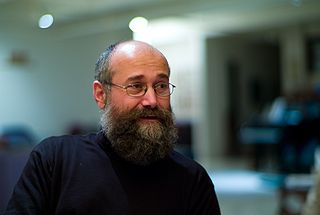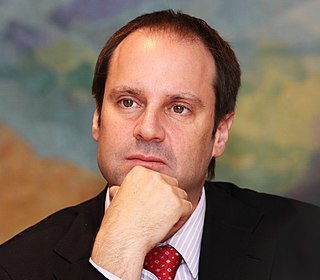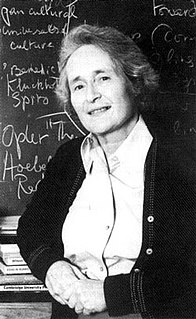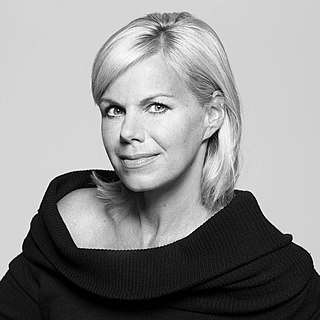A Quote by Yochai Benkler
Anonymous is not an organization. It is an idea, a zeitgeist, coupled with a set of social and technical practices.
Related Quotes
An academic discipline, or any other semiotic domain, for that matter, is not primarily content, in the sense of facts and principles. It is rather primarily a lived and historically changing set of distinctive social practices. It is in these practices that 'content' is generated, debated, and transformed via certain distinctive ways of thinking, talking, valuing, acting, and, often, writing and reading.
The web is more a social creation than a technical one. I designed it for a social effect - to help people work together - and not as a technical toy. The ultimate goal of the Web is to support and improve our weblike existence in the world. We clump into families, associations, and companies. We develop trust across the miles and distrust around the corner.
One way Great Teams can share their visions is by creatively laying out their plans and visions, creating a road map for its members to follow. A Great Team outlines expectations for all members of an organization and for the organization as a whole. This clear-cut set of objectives - a road map - enables the organization to set benchmarks and goals and ultimately to lay the foundation for its own success.
[Corporate programming] is often done to the point where the individual is completely submerged in corporate "culture" with no outlet for unique talents and skills. Corporate practices can be directly hostile to individuals with exceptional skills and initiative in technical matters. I consider such management of technical people cruel and wasteful.
Anarchism asserts the possibility of an organization without discipline, fear, or punishment, and without the pressure of poverty: a new social organism which will make an end to the terrible struggle for the means of existence, --the savage struggle which undermines the finest qualities in man, and ever widens the social abyss. In short, Anarchism strives towards a social organization which will establish well-being for all.



































